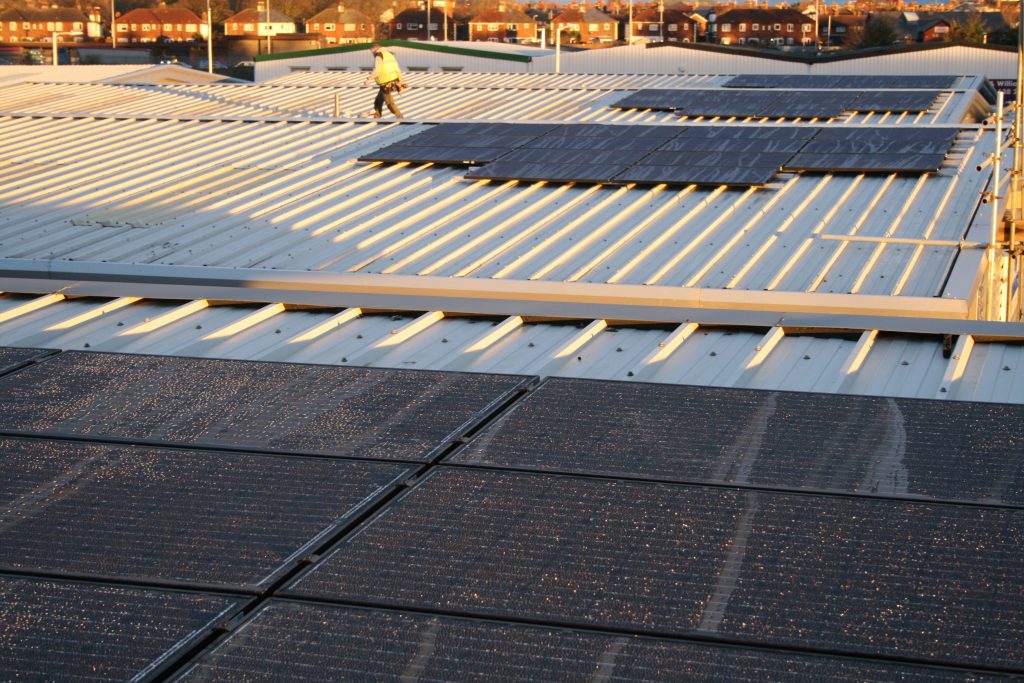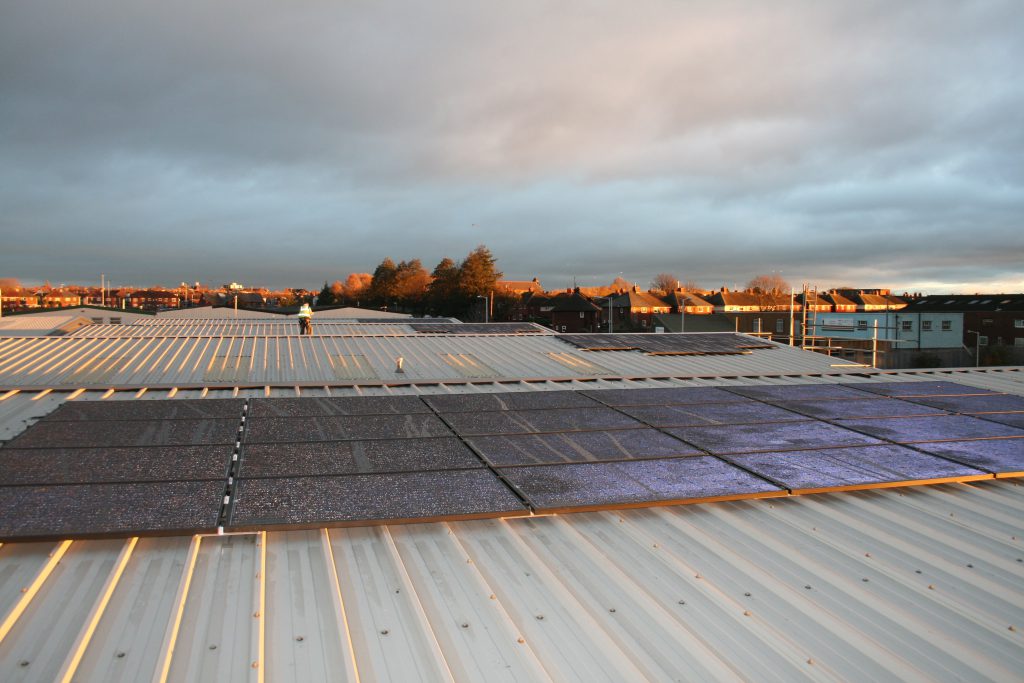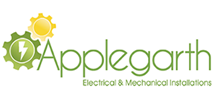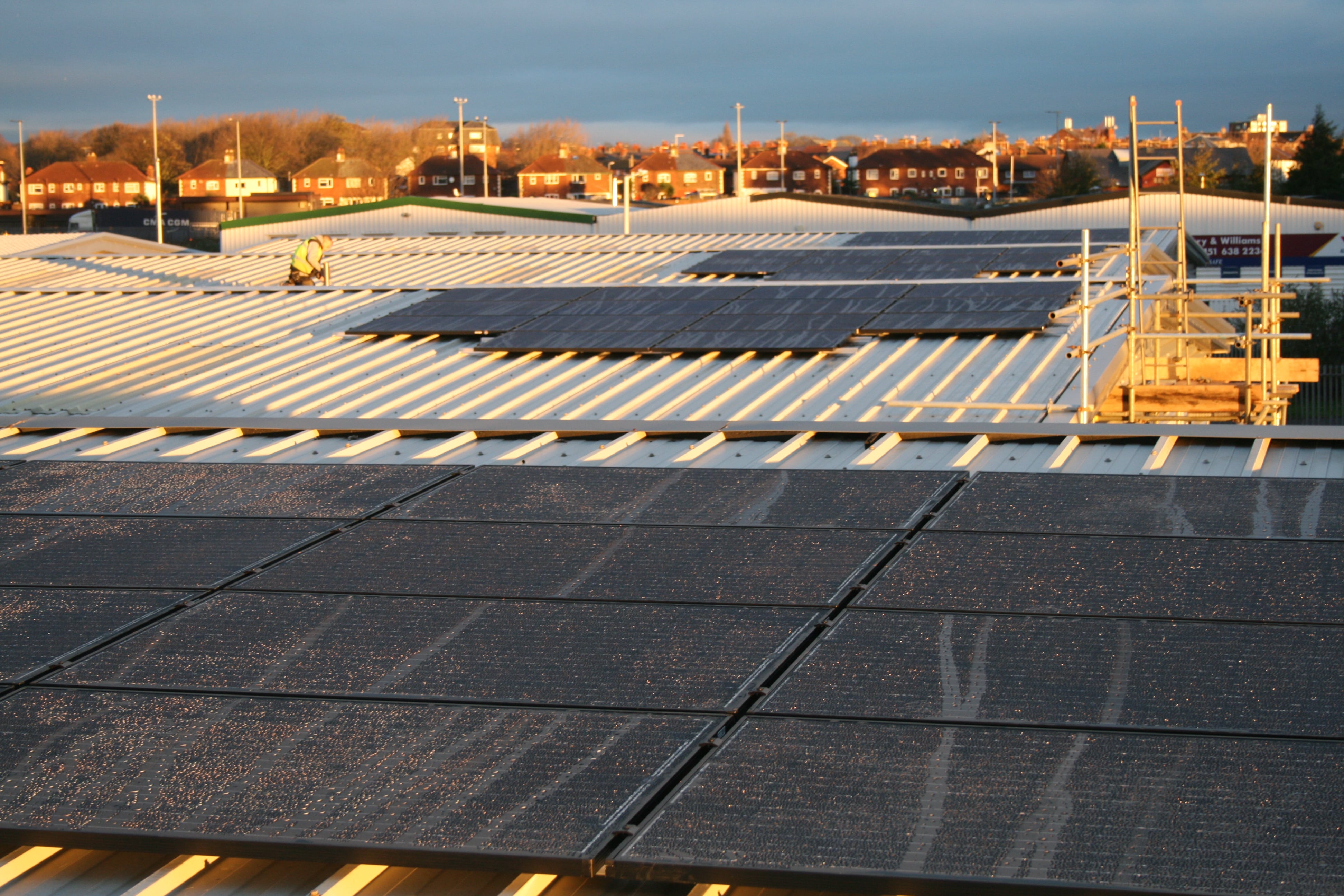Commercial solar panels are becoming increasingly popular among UK businesses to reduce energy costs and environmental impact. Many business owners are curious about whether these installations can genuinely pay for themselves over time. The answer is yes, they can, but the time frame varies depending on several key factors.
The potential for commercial solar panels to self-finance is a significant draw for businesses considering this green technology. While your initial investment may seem substantial, the long-term benefits often outweigh the upfront costs, making solar panels an attractive option if you’re looking to future-proof your energy supply and reduce your carbon footprint.
The Economics of Commercial Solar Panels
The cost of installing commercial solar panels in the UK varies widely based on the size of the system. For small to medium-sized businesses, a 20kW to 50kW system might cost between £16,000 and £60,000. Larger installations, such as a 100kW system, could set your businesses back between £60,000 and £90,000. These figures represent a significant investment, but it’s essential to consider the long-term financial benefits.
The payback period for commercial solar panels is often shorter than many business owners expect. On average, you might see a return on your investment in as little as 2 to 3 years. This is considerably quicker than residential installations, which typically take 6 to 10 years to pay for themselves.
In some particularly favourable circumstances for large installations, the payback period for commercial installations could be under 2 years. These shorter payback periods make commercial solar panels an increasingly attractive option if you’re trying to save on energy costs, gain a little bit more energy independence, and enhance your firm’s environmental credentials.

Factors Influencing Return on Investment for Commercial Solar Panel Installation
As mentioned, several factors are at play when trying to work out the return on your investment with commercial solar panels. Let’s examine these aspects to help you decide whether they’re suitable for your enterprise.
System Size and Energy Output
The size of your solar panel system plays a crucial role in determining how quickly it will pay for itself. Larger systems generally have a higher upfront cost but can generate more electricity, leading to quicker payback times.
For instance, a 100kW system can produce approximately 85,000 kWh annually, potentially leading to estimated annual savings of around £25,500. This substantial energy production can significantly offset a business’s electricity costs and accelerate the return on investment.
Government Incentives
The UK government offers incentives that can enhance the financial returns from solar panels. One such scheme is the Smart Export Guarantee (SEG), which pays businesses for excess electricity exported to the grid.
This additional income stream can significantly improve the economics of solar panel installation, effectively shortening the payback period and increasing the system’s long-term profitability.
Electricity Prices
Rising electricity prices can positively impact the payback period of solar panels. As grid electricity becomes more expensive, the savings from generating your own electricity become more substantial. As energy costs increase over time, your solar investment becomes more valuable, potentially leading to even quicker payback times than initially calculated.
Given the recent trajectory of prices, which are heading upward after a period of decline and still aren’t close to pre-pandemic levels, having your own source of electricity can reap significant savings compared to competitors operating on business electricity provided by the grid.

Long-Term Benefits Beyond Financial Payback
The benefits of commercial solar panels extend far beyond their ability to pay for themselves. Installing solar panels can significantly reduce your firm’s carbon footprint, enhance your corporate social responsibility profile, and help you achieve standards such as ISO 14068.
Pursuing carbon neutrality can improve a business’s reputation among environmentally conscious consumers and stakeholders.
Solar panels also offer businesses a degree of energy independence. By generating your own electricity, your company can protect itself against future energy price volatility and potential supply issues.
Furthermore, there is considerable potential for substantial savings on electricity bills, with some businesses reducing their energy costs by up to 70%. These ongoing savings continue long after the system has paid for itself, positively impacting your bottom line.
Contact Applegarth Today to Ensure Making the Switch to Solar Makes Sense for Your Business
Determining whether commercial solar panels are a good fit for your business requires careful consideration of several factors. To ensure the system is appropriately sized, you must evaluate your current energy consumption patterns and future needs. The physical characteristics of your premises, including roof space and orientation, will also play a role in the system’s effectiveness.
Understanding local regulations and available incentives is crucial for maximising the benefits of your solar installation. Every business’s situation is unique, so it’s best to seek a professional assessment to get accurate projections tailored to your specific circumstances.
At Applegarth, we’re here to give you professional insight into potentially making the switch to solar energy. Our team of experts can provide a detailed assessment of your business’s solar potential and guide you through the entire installation process – from start to finish.
Contact us today to explore how commercial solar panels could benefit your business and potentially pay for themselves several times over in the years to come.







